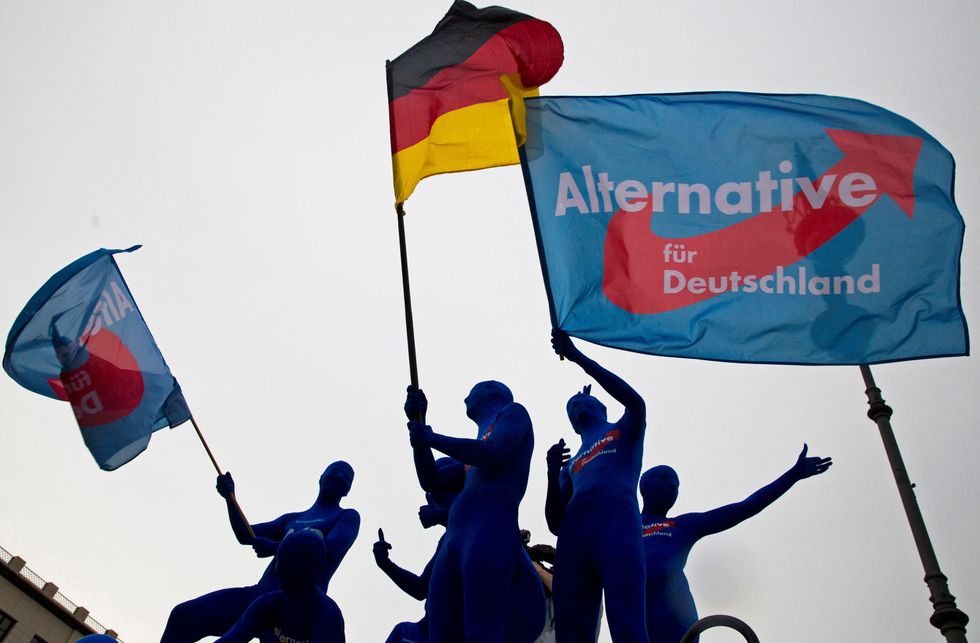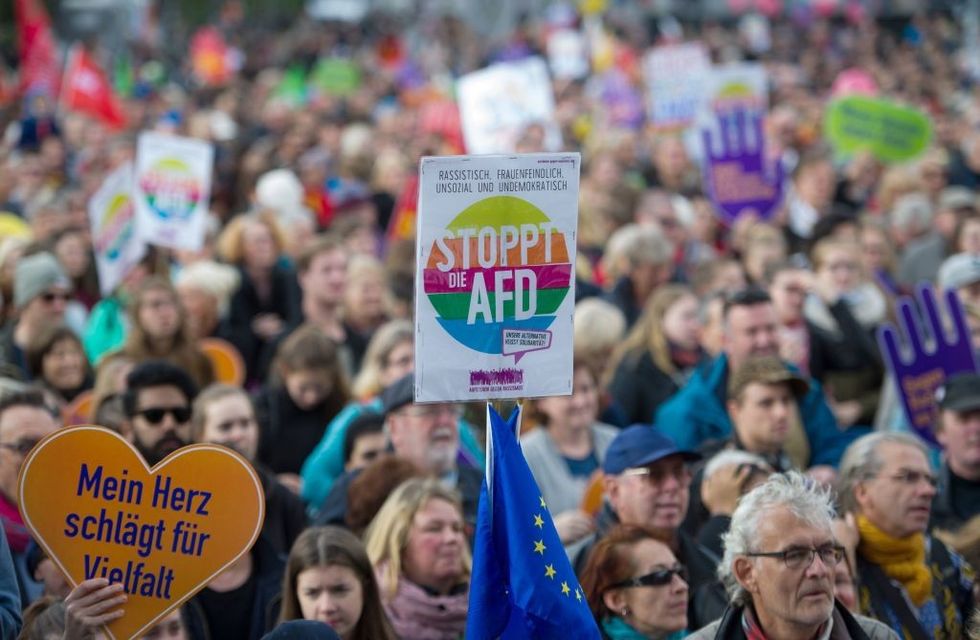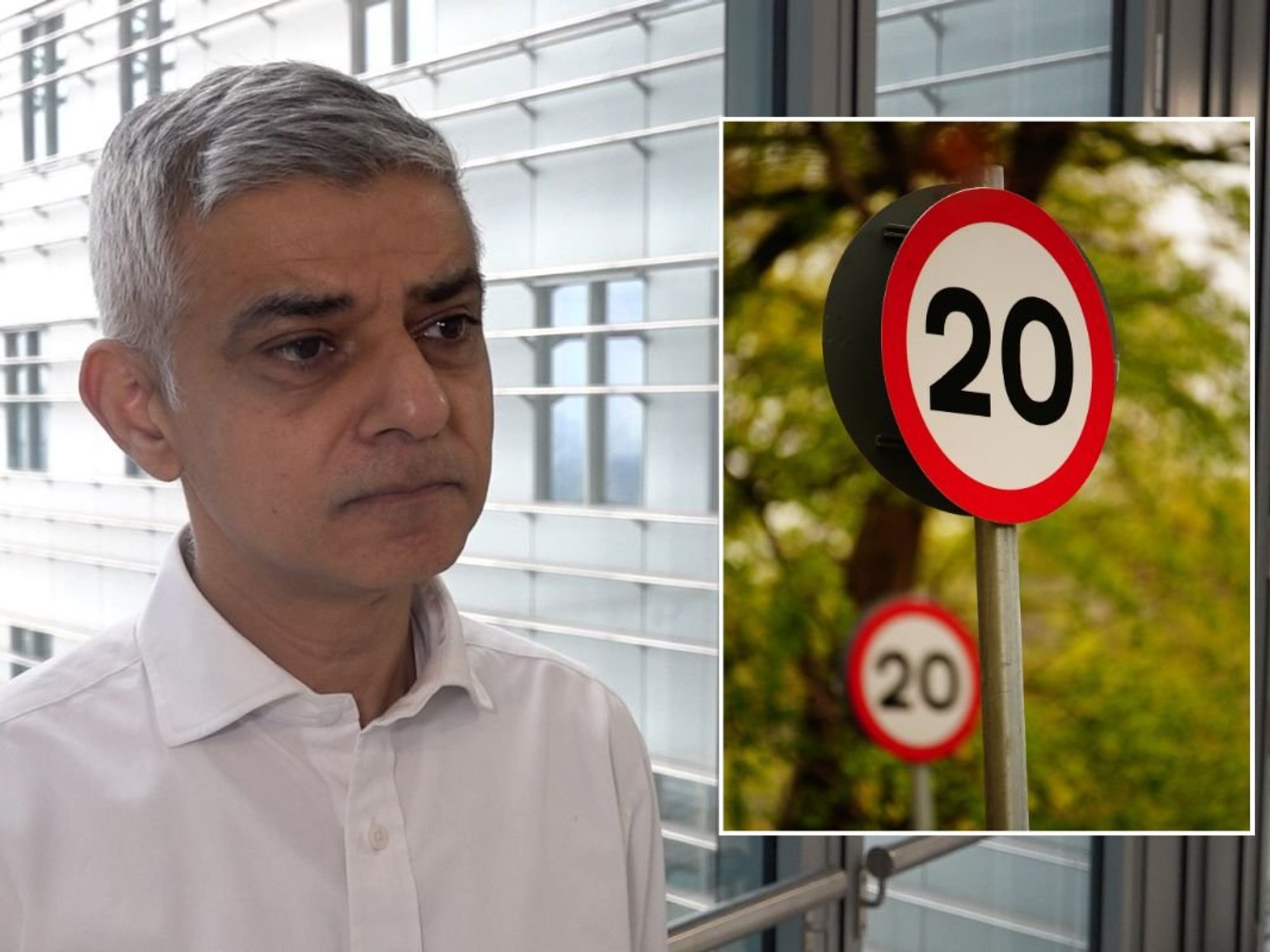Germany's AfD classified as 'right-wing extremist' group by intel agency

Analysts said the decision risks further fuelling support for the party which saw massive gains in February's federal election
Don't Miss
Most Read
The German domestic intelligence agency has classified the Alternative for Germany (AfD) as an "extremist entity" that threatens democracy.
The party came second in the German federal election in February, picking up the majority of its seats in the east of the county.
Experts suggest the announcement enables the agency to better monitor the party.
It was also suggested it would be easier for authorities to use secret methods to monitor the party for example by recruiting confidential informants and intercepting communications.

Supporters of the Eurosceptic Alternative for Germany (AfD) party
|Reuters

Friedrich Merz is set to be sworn in
|Reuters
 Hard right AfD party came second in Germany's recent national elections | Getty
Hard right AfD party came second in Germany's recent national elections | GettyThe domestic intelligence agency said in a statement: "The ethnicity - and ancestry-based conception of the people that predominates within the party is not compatible with the free democratic order.
"It aims to exclude certain population groups from equal participation in society, to subject them to treatment that violates the constitution, and thereby assign them a legally subordinate status."
A spokesman added that the AfD does not consider German citizens of immigrant background from predominantly Muslim countries as equal members of the German people.
This approach led to individuals and groups being "defamed and vilified", stirring up "irrational fears and hostility toward them," it added.

A protestor holds up a sign reading "Stop the AFD"
|Getty
A regional lawmaker from the AfD referred to the party's classification by the domestic intelligence agency as extremist as "politically questionable."
"It is sad to see the state of democracy in our country when the old parties are now even using the most politically questionable means against the strongest opposition party," said Anton Baron, a lawmaker in the state of Baden-Wuerttemberg.
Outgoing chancellor Olaf Scholz said the domestic intelligence agency's ruling provides "very detailed justification", but added that any ban proceedings "must not be rushed."
Interior Minister Nancy Faeser said the agency had made a clear and unambiguous decision with "no political influence" and deputy leader of the Social Democrat SPD, Serpil Midyatli, said it was now in "black and white what everybody already knew" adding that: "It's clear for me that the ban has to come."

Outgoing German Interior Minister Nancy Faeser
| ReutersThe AfD came second in federal elections in February, winning a record 152 seats in the 630-seat parliament with 20.8 per cent of the vote.
The party gained an ally in SpaceX CEO Elon Musk who told a rally: "It’s good to be proud of German culture, German values, and not to lose that in some sort of multiculturalism that dilutes everything."
Faeser said: "The AfD represents an ethnic concept that discriminates against entire population groups and treats citizens with a history of migration as second-class Germans.
"Their ethnic attitude is reflected in racist statements, especially against immigrants and Muslims."











